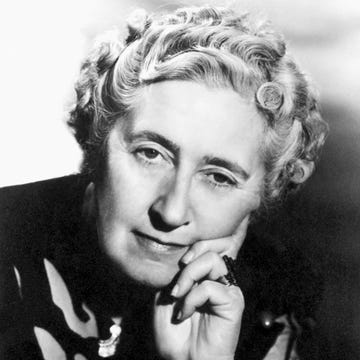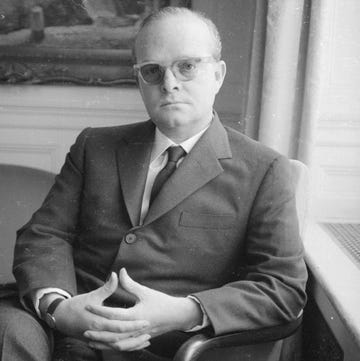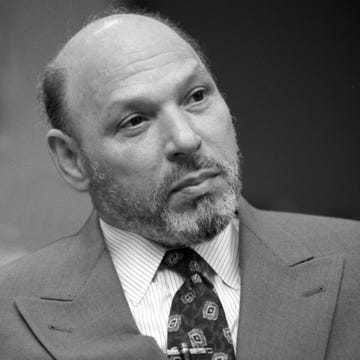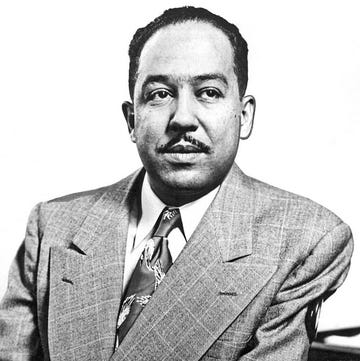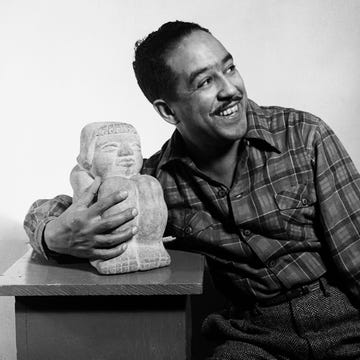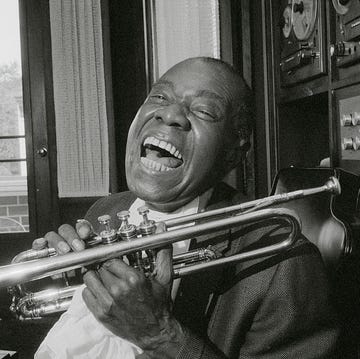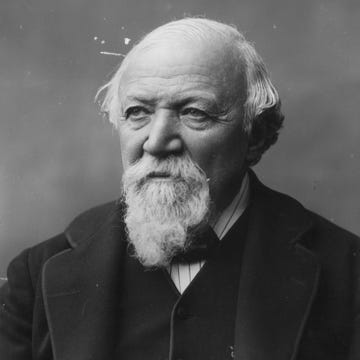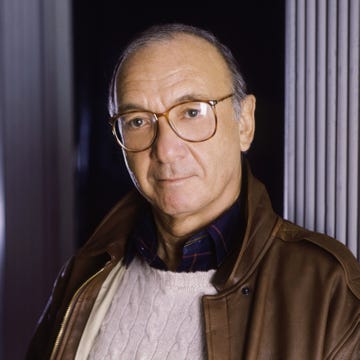James Baldwin was one of the leading voices of the civil rights movement. The author was born in 1924 in Harlem, New York — right in the midst of the Harlem Renaissance that gave birth to the still-influential foundation of Black arts and culture. His hometown and birth became prophetic, and Baldwin became one of the most successful and revered Black authors of all time.
The author developed a love of reading and writing at DeWitt Clinton High School in the Bronx. He graduated high school in 1942 and spent the next few years working odd jobs and helping his family as he faced racial discrimination around New York City.
It was around that time that Baldwin began to grapple with his sexuality and realized he was gay. Burdened by the continuing racial discrimination and the limitations of sexuality on Black men, Baldwin took a writing fellowship in Paris. It was there that his writing blossomed, with several of his works exploring racial and social themes, as well as sexuality.
He found his style and was soon gaining critical acclaim for many of his works, including his first novel, Go Tell It on the Mountain, in 1953. Three years later, Baldwin started feeling the blowback of his sexuality when he published Giovanni’s Room, which was criticized for its homoerotic portrayals and largely white characters.
Though he continued to explore these themes in several of his writings, he also published revered essays on the experience of Black Americans during and after the civil rights movement. His essay “Down at the Cross” was credited as one of the most powerful essays illustrating the life of Black Americans and the rampant racism across the country.
Baldwin later became a pivotal figure in the gay rights movement and was praised until his final days, with his last two novels, If Beale Street Could Talk and Just Above My Head, coming in the 1970s.
Baldwin moved back to France and lived his final years in Saint-Paul-de-Vence, and his influence on American culture, as well as international literature, is still felt today.
Baldwin died in 1987, leaving an impressive legacy and a wealth of wisdom behind. Here are some of Baldwin’s influential quotes on everything from life and love to racism and justice:
On Black Americans: “To be a Negro in this country and to be relatively conscious is to be in a rage almost all the time.”
On ignorance: “It is certain, in any case, that ignorance, allied with power, is the most ferocious enemy justice can have.”
On oppression: “Whatever white people do not know about Negroes reveals, precisely and inexorably, what they do not know about themselves.”
On rejecting victimhood: “Perhaps the turning point in one’s life is realizing that to be treated like a victim is not necessarily to become one.”
On hate: “I imagine one of the reasons people cling to their hates so stubbornly is because they sense, once hate is gone, they will be forced to deal with pain.”
On love: “Love takes off the masks we fear we cannot live without and know we cannot live within.”
On justice: “If one really wishes to know how justice is administered in a country, one does not question the policemen, the lawyers, the judges, or the protected members of the middle class. One goes to the unprotected—those, precisely, who need the law’s protection most!—and listens to their testimony.”
On learning: “It is true that the more one learns the less one knows.”
On his sexuality: “Everybody’s journey is individual. If you fall in love with a boy, you fall in love with a boy. The fact that many Americans consider it a disease says more about them than it does about homosexuality.”
On disrespect: “People who treat other people as less than human must not be surprised when the bread they have cast on the waters comes floating back to them, poisoned.”
On America: “I love America more than any other country in the world, and, exactly for this reason, I insist on the right to criticize her perpetually.”


